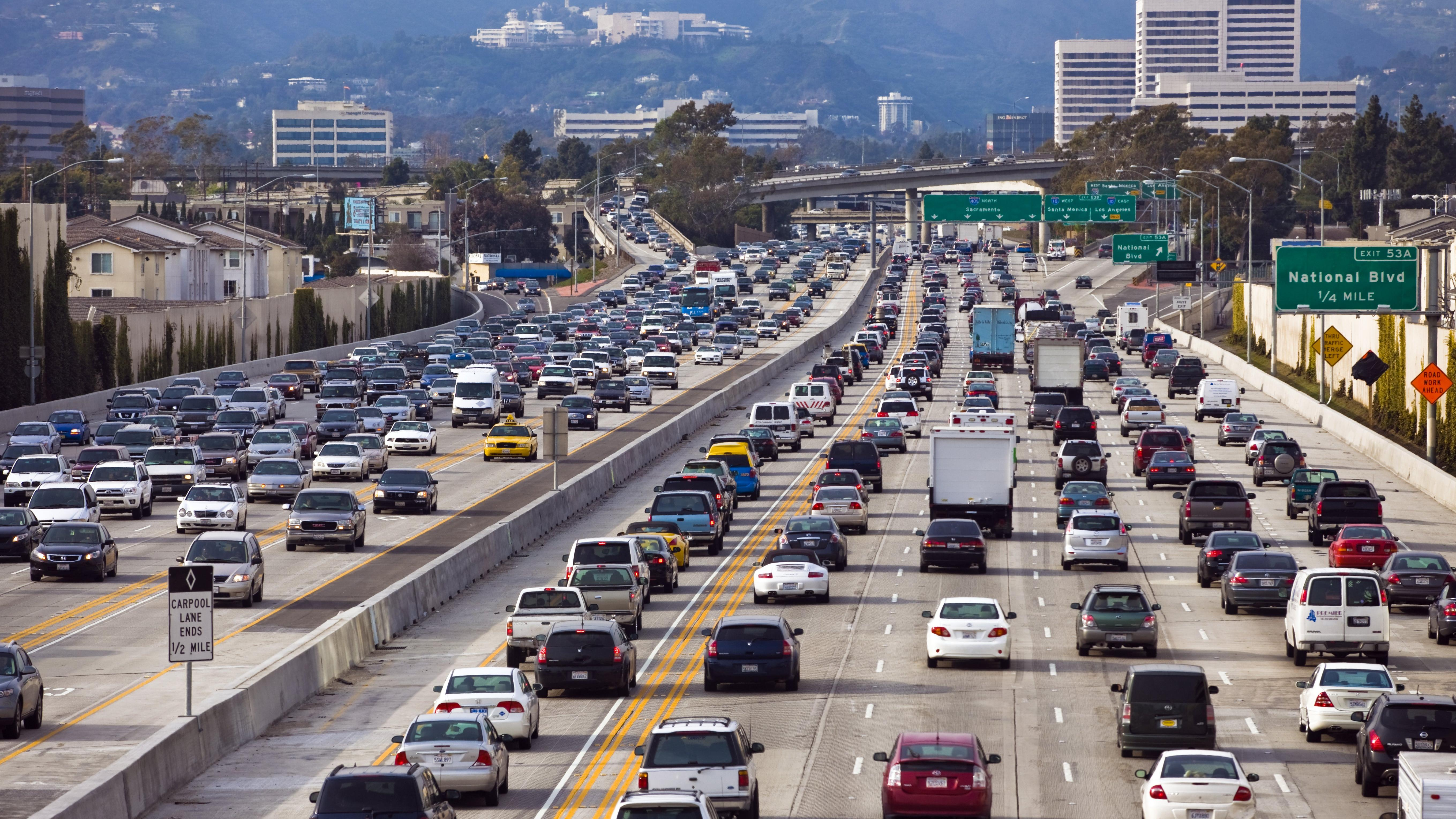Car Insurance Companies Can't Jack Up Rates In California, So They Make It Hard To Get Coverage
Insurance companies still find it hard to do business in the Golden State because regulations won’t let them raise rates when they want to.
Drivers in California are still dealing with the effects of a tightening insurance industry. From increasing rates and premiums to companies outright refusing to cover drivers, its hard out here. Mostly though the whole situation stems from insurance companies being mad that California regulations won't let them be greedy as CalMatters reports.
Thanks to Prop 103, which was passed over 20 years ago, insurance companies can't just do what they want in California. The proposition "requires hearings for any personal insurance rate increase requests above seven percent if a member of the public challenges it." While the challenges and hearings are rare, the threat of the challenge is enough to keep insurance companies in check. This works out in favor of California drivers.
But since 2002, Prop. 103 and other state rules have helped save drivers $2.5 billion, according to calculations by the advocacy group Consumer Watchdog, which has challenged rate increases. And from 1989 to 2015, a study published in 2019 found that Californians saw the smallest rate increases (12.5%), compared with a national average (61%). More recently, California premiums increased 9.7% from 2018 as of August of this year, putting the state in the middle of the pack compared to other states' increases.
Insurance companies hate this, though, and make it seem as if state regulations are causing them to lose money or improperly conduct business. CalMatters says insurance companies in the state have complained that they haven't been able to get any rate increases approved. Of course that's not true: the state's department of insurance has passed 111 increases in 2023 alone, with 80 more under review. Even during the pandemic, where there weren't as many drivers on the roads, insurance companies complained that there were no rate hikes for over two years. Except California approved 15 in 2020 and another six in 2022.
It has all proven to be a nightmare for drivers trying to get car insurance. Like one driver who CalMatters spoke with. Willis Lai says it took nearly a month for him to get insurance on his Honda Accord. And when he did get a quote from Geico, he says he thinks it purposely dragged its feet.
...Lai said he got an online quote from Geico for $750 for six months, but near the end of the process encountered a technical issue on the website and was directed to call an agent. That agent asked him to try again, and the second time around, he received a quote of about $1,000 for six months — which still would have worked out to about what he expected to pay, according to his research. Lai said he ended up talking to three agents within a couple of hours, and was told he would have to wait 15 days — some insurers have instituted new, varying waiting periods and upfront payment requirements — and be mailed a confirmation. He asked if he could be emailed a confirmation instead but was told the company's current policy is to use snail mail.
He eventually received the confirmation from Geico, which asked him to provide copies of a utility bill, his vehicle registration and more. He said he was told that once he produced the required documentation, he would be contacted — again, by mail — to be informed of the next step.
"I think Geico was intentionally slowing down the process," Lai said. "They made it way too hard to get insurance."
Insurance companies claim it's getting harder to do business in California thanks to increasing vehicle tech, natural disasters and inflation. Some experts, like Consumer Watchdog Executive Director Carmen Balber, think they're using that as an excuse. "We have a combination of inflation and climate change that the industry is really leveraging as an opportunity to claim it's regulation that's holding them back," Balber said.
